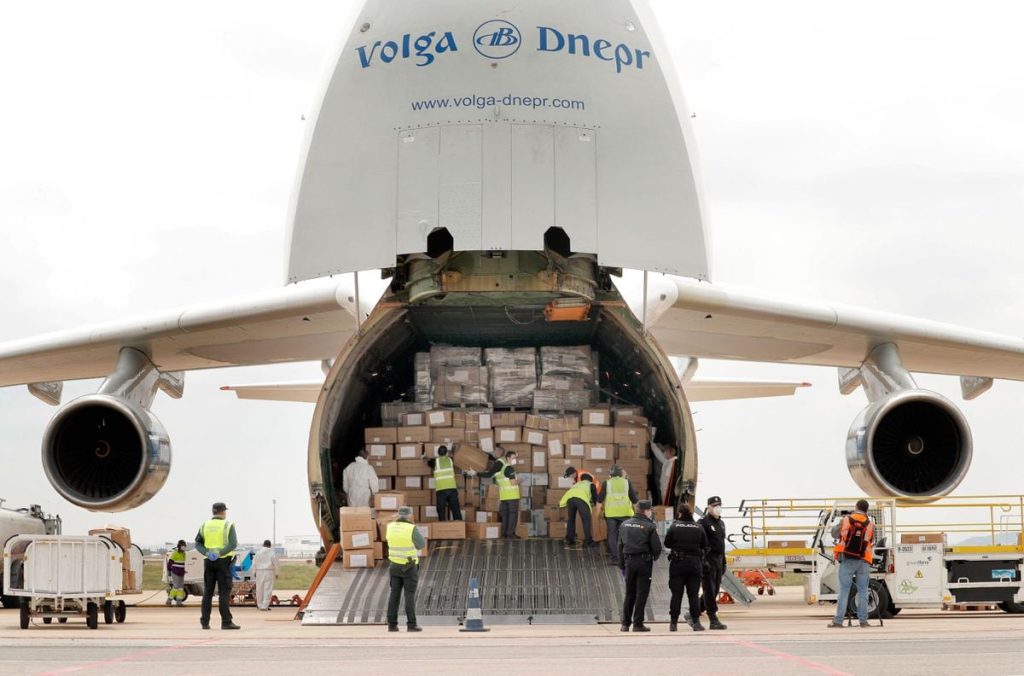The Spanish Congress and Senate have begun an investigation into a global scandal involving the buying and selling of medical supplies during the peak months of the pandemic between March and June 2020. Limited supply of masks, ventilators, and gloves, combined with a frenzy of demand from all countries to protect their citizens, led to multiple purchases of Chinese material at exorbitant prices. Many unscrupulous entrepreneurs were enriched by these operations, which went unpunished due to existing laws that allowed bypassing public administration controls when purchasing medical supplies. Emergency contracts supported hand-picked awards to inexperienced and underqualified companies at any price.
With a majority in the Senate, the Popular Party (PP) has approved an investigation committee looking for evidence implicating high-ranking Socialists in the so-called Koldo case – the alleged payment of illegal commissions to the top advisor of former Minister of Transport Jose Luis Ábalos in exchange for facilitating a business worth at least 16 million euros for two businessmen. The PP is seeking documentation of contracts from the Ministries of Transport and Health, as well as the Governments of Canary Islands and Balearic Islands, believing that the corruption exposed in the Koldo case extends to numerous Socialist officials in those administrations. Koldo García Izaguirre, former advisor of Ábalos and the main defendant in the case, is expected to attend the Senate’s first session to investigate the scandal.
After six months of secret investigation, the judge overseeing the case at the National Court implicated Koldo García, his wife, his brother, and four businessmen who profited from selling masks to the Ministries of Transport and Interior, as well as the regional governments of Canary Islands and Balearic Islands. However, after over two years of investigation, including phone taps and surveillance of key suspects, no high-ranking Socialist officials have been implicated. The PP not only aims to investigate the Koldo case but has also included requests for documents unrelated to mask purchases or pandemic emergency contracts, such as allegations of corruption against the President’s wife or the government’s ties to the Venezuelan regime.
The Congress of Deputies will kick off its investigation with the testimony of Enriqueta Chicano, president of the Court of Auditors. During the first two years of the pandemic, this institution, responsible for auditing public spending, produced several reports on the purchase of medical supplies by Spain’s major municipalities, regions without audit bodies, and the central government. All reports revealed similar issues like inflated prices, contracts awarded to financially unstable and inexperienced companies, and lack of competitive bidding. However, auditors cited existing regulations as a reason for not issuing sanctions, leaving numerous instances that could have led to accountability charges and prosecution by the Prosecutor’s Office unchecked.
In the afternoon, Salvador Illa, the Socialist candidate for the upcoming Catalan regional elections and former Health Minister during the pandemic’s early phases, is scheduled to testify. His department awarded 2.5 billion euros in COVID-related medical supplies contracts, some of which were flagged by the Madrid Assembly’s PP. One contract, partially funded by EU funds and awarded to FCS, was referred to the European Prosecutor’s Office for ongoing investigation. Despite warnings from the Senate’s legal advisors that many of the PP’s document requests were irrelevant to the approved investigation scope, Senator Alicia García defended their inclusion based on media reports alleging corruption cases not under judicial investigation, highlighting the complexity and contentious nature of the ongoing probe.


